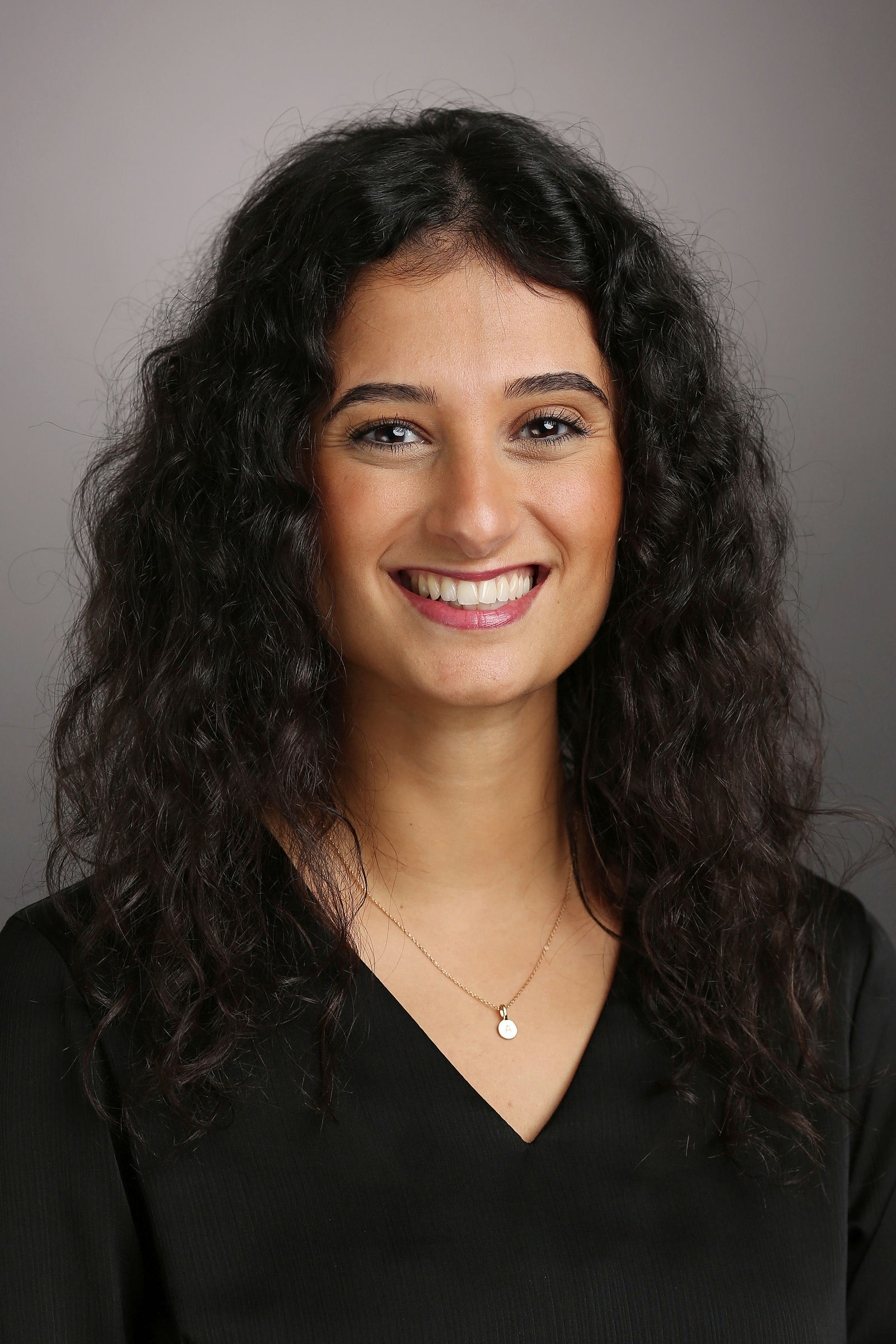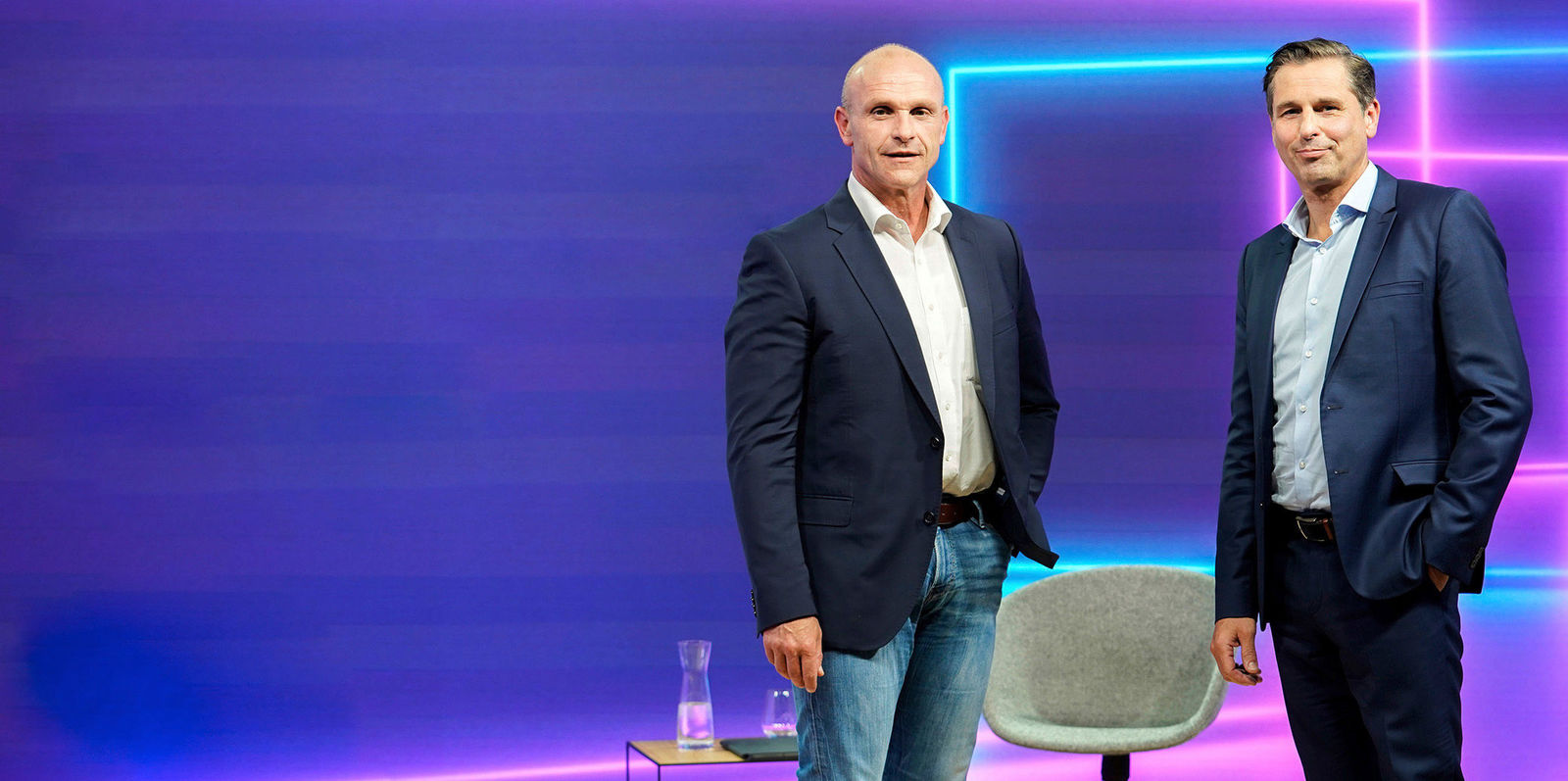How is the coronavirus pandemic influencing training?
Sicilia: Naturally, dealing with coronavirus meant that big changes had to be made. Both in terms of the actual learning, and with regard to protecting health. As a works council, we asked for measures to be taken for both aspects early on – for the field of education, and beyond. Protecting health has always been important to us, particularly when it comes to training, where we are responsible for young people. This is why we are delighted that, together with the company, we were so successful in initiating measures that do justice to the particular (learning) situation of the trainees. The pandemic also affected another area: Our trainees have long been active politically, for example during the Antifa week, or in Auschwitz for our memorial culture with the meetings there, in interactions and working at the memorial site. But coronavirus meant that a lot of things we usually do weren’t possible. We all very much hope that more normality will be restored in this area as well soon, and that things will again be possible the way they once were.
Görtz: Good hygiene concepts have meant that we have been able to avoid extended periods of lockdown during training so far. With the exception of two months, the new recruits have been able to spend at least some of their practical training period in the training centre and at the company. We’re very pleased about this. Our numbers show that the pandemic has not had any adverse effects on training success and thereby on career prospects. The examination results achieved are on a par with the high level achieved before coronavirus.
However, the coronavirus pandemic did change our training: We adapted teaching concepts and the way of learning, and modified the general conditions. It was a great help to us that all of the technical apprentices already had access to a tablet before the start of the pandemic – which is important for mobile learning. The business trainees use a company laptop. Our instructors are in close contact with their trainees every working day – which enables us to support the group and each individual in good time and based on their needs.
What are the next steps?
Görtz: During the pandemic, we gained additional positive experience with digital and self-guided learning. We want to keep making use of these advantages. We are confident that knowledge transfer is becoming more agile and flexible, and offers more configuration options. And the role of the instructors is changing as well. Their high level of expertise means they are increasingly becoming educational supervisors for young people. We want to promote self-guided learning, through project work for example, sometimes across different professions. This is important because the challenges of the future can only be solved together. My prediction is that the trainees who will be successful in the future are those who are able to solve complex problems together. This requires creativity, empathy and holistic thinking – as well as the willingness to continuously gain new knowledge. In vocational training we are already laying the foundation for a stable yet adaptable company.
Sicilia: That’s right! And Faculty 73 shows that these kinds of concepts are successful. But we are also facing a paradigm shift in the traditional world of training as well: On the one hand, independent learning is required, and on the other hand collaboration and communication. This doesn’t just happen. There needs to be more offerings, and these skills need to be actively promoted. This is what we are committed to!




